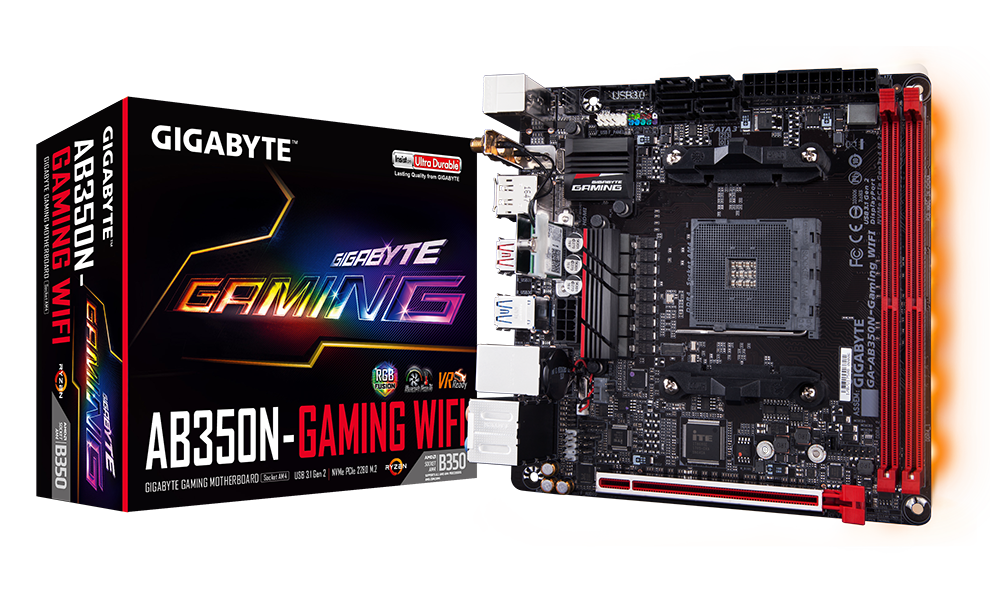Originally posted by OneBitUser
View Post
Other manufacturers might have some boards with ECC support and some others not. One I'm keeping tabs on is a Gigabyte mini-itx board with Displayport. I really hope the APUs support ECC so I can make my wet dream build.
A few years down the line this might provide a cheap upgrade path for people that want a 64GB RAM machine for a hobby or work, seeing as ECC DIMMs usually sell for "pennies" on ebay.
Ryzen, socket 155x Intels, and even Threadripper are using unbuffered ram (ECC or not), which is still expensive even if you buy used.


Comment